Stories and Discoveries
What we discover here, helps you heal here
UW Medicine is the only healthcare system in Washington that offers you the considerable advantages of an inseparable connection to one of the nation's leading medical schools and a research powerhouse.
In fact, we’re one of the world’s largest and most comprehensive medical research programs and No. 2 in the nation in federal research funding, according to the Association of American Medical Colleges.
But UW Medicine is more than a collection of hospitals, clinics, labs and learning spaces. We’re 30,000 caring professionals who come together with a single mission: to improve health for all people.
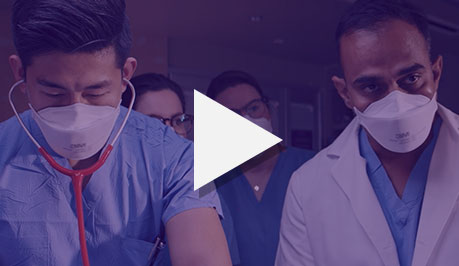
Teaching better ways to save more lives
UW Medical Center is home to one of the largest Level IV neonatal intensive care units in the Pacific Northwest. Here, our experts use an advanced-technology newborn simulator to teach lifesaving techniques that help high-risk infants grow and thrive.
Watch Video
Discovery + learning = higher quality care
The doctors caring for you at UW Medicine are the same people advancing medical research and teaching the next generation of outstanding physicians.
From wellness checks to complex surgeries, we're committed to providing you with the best care every day.
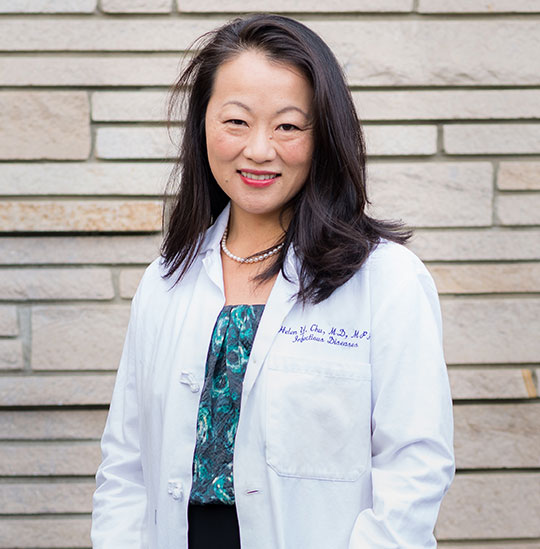
Courage Saved Lives
Dr. Helen Chu
Back in early 2020 when COVID-19 first emerged, Dr. Helen Y. Chu, infectious disease expert at UW Medicine, knew that it wouldn’t be long before it spread everywhere.
At that same time, Chu had been collecting nasal swabs in the Puget Sound region as part of a flu study and wanted to begin testing them for coronavirus. State and federal officials told her no, but Chu tested them anyway. She quickly got a positive result, the first evidence of community transmission recorded in the United States.
Her work showed that COVID-19 was already prevalent in our state since the positive case had no connection to Wuhan. The results also prompted public health officials to address the pandemic more urgently, saving lives in the process.
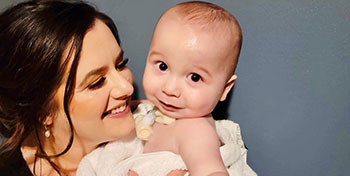
Baby Oliver
His cesarean delivery was put on pause to save his life.
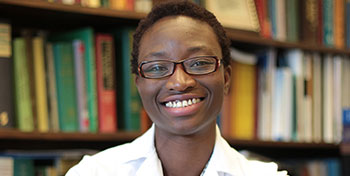
Dr. Kemi Doll
Dr. Doll discovered a more equitable screening method for endometrial cancer.
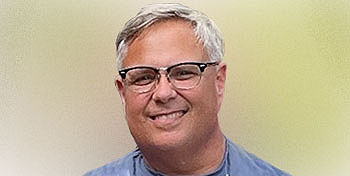
Tim Holland
Tim received a first-of-its-kind surgery to remove a heart tumor.
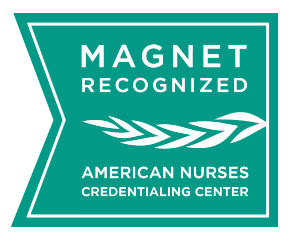
A higher degree of nursing
UW Medical Center and Harborview Medical Center are Magnet-designated by the American Nurses Credentialing Center. This certification is considered the gold standard for nursing excellence.
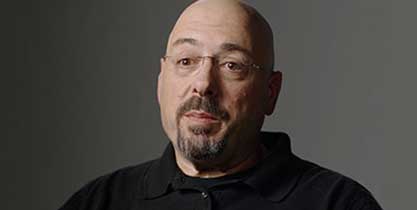
Eric Stark
Eric drove his bus passengers to safety after he was shot.
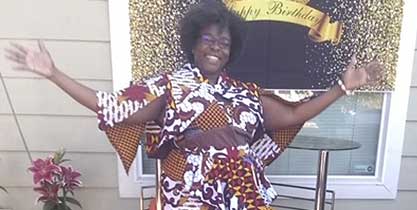
Marilyn Wightman
Marilyn had 15 blood clots removed from her lungs.
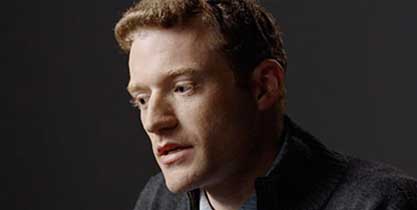
Josh Glantz
Josh nearly lost his arm. Now he rock climbs.
One Mom’s Story
Gina Lee Gossett
At 13 weeks pregnant, Gina Lee Gossett was like any other mother-to-be excitedly preparing to meet her baby. Then she received some shocking news — she had cervical cancer.
Doctors at the Center for Women and Children quickly crafted a plan to treat her cancer and save her pregnancy, but Lee Gossett was soon dealt another unexpected blow. She came down with a 104-degree fever and was rushed to the ICU with a life-threatening infection. After seven days in the hospital, the baby didn’t survive.
Despair soon turned into hope. Before an impending surgery, chemotherapy and radiation to fight the cancer, fertility specialists fast-tracked Lee Gossett through embryo preservation. A year and a half after her initial diagnosis, Lee Gossett finally got her happy ending. She’s now cancer-free and a proud mom.
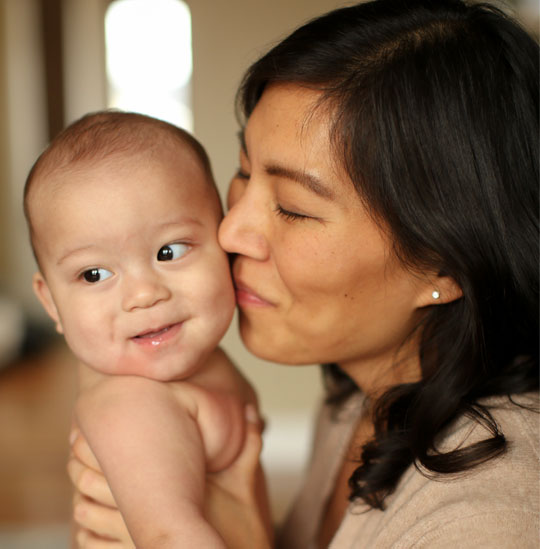

Lily James
Lily nearly lost her feet in an accident. Now she can walk again.
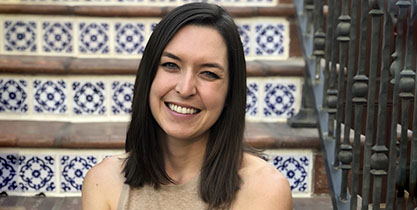
Michelle Catchot
Michelle had a rare brain surgery to stop her migraines.
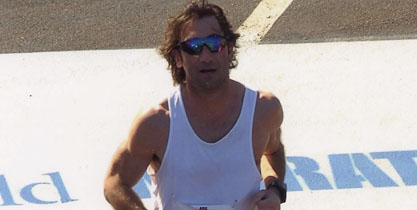
Ken Price
Ken got a double-lung transplant. Then he ran a marathon.
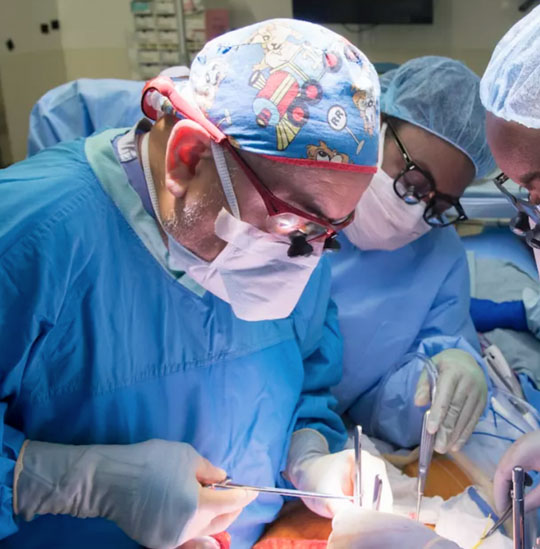
Transforming Transplants
Dr. Jorge Reyes
Imagine trying to change a process that’s been the norm for more than 50 years. Now imagine hundreds of lives are at stake with the potential to save even more. That’s exactly what Dr. Jorge Reyes is attempting to do — and why he’s doing it.
As UW Medicine’s chief of transplant surgery, Dr. Reyes is spearheading participation in a liver preservation study. Instead of transporting donor livers on ice in a cooler, the conventional procedure since the 1960s, Dr. Reyes and his team are testing a “liver in a box” device that keeps organs warm and flushed with oxygenated blood.
The trial shows promise so far, with donor livers arriving healthier and in better shape for transplant surgery. Dr. Reyes believes this new process can even expand the distance organs can travel, increasing the availability of life-saving organ donations by 30%.
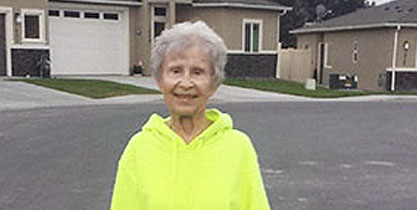
Myra Gaines
Myra had a heart valve replaced using a first-anywhere technique.
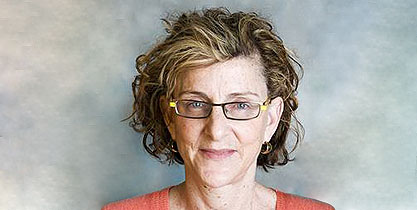
Dr. Teri Brentnall
Dr. Brentnall discovered a genetic link to familial pancreatic cancer.
